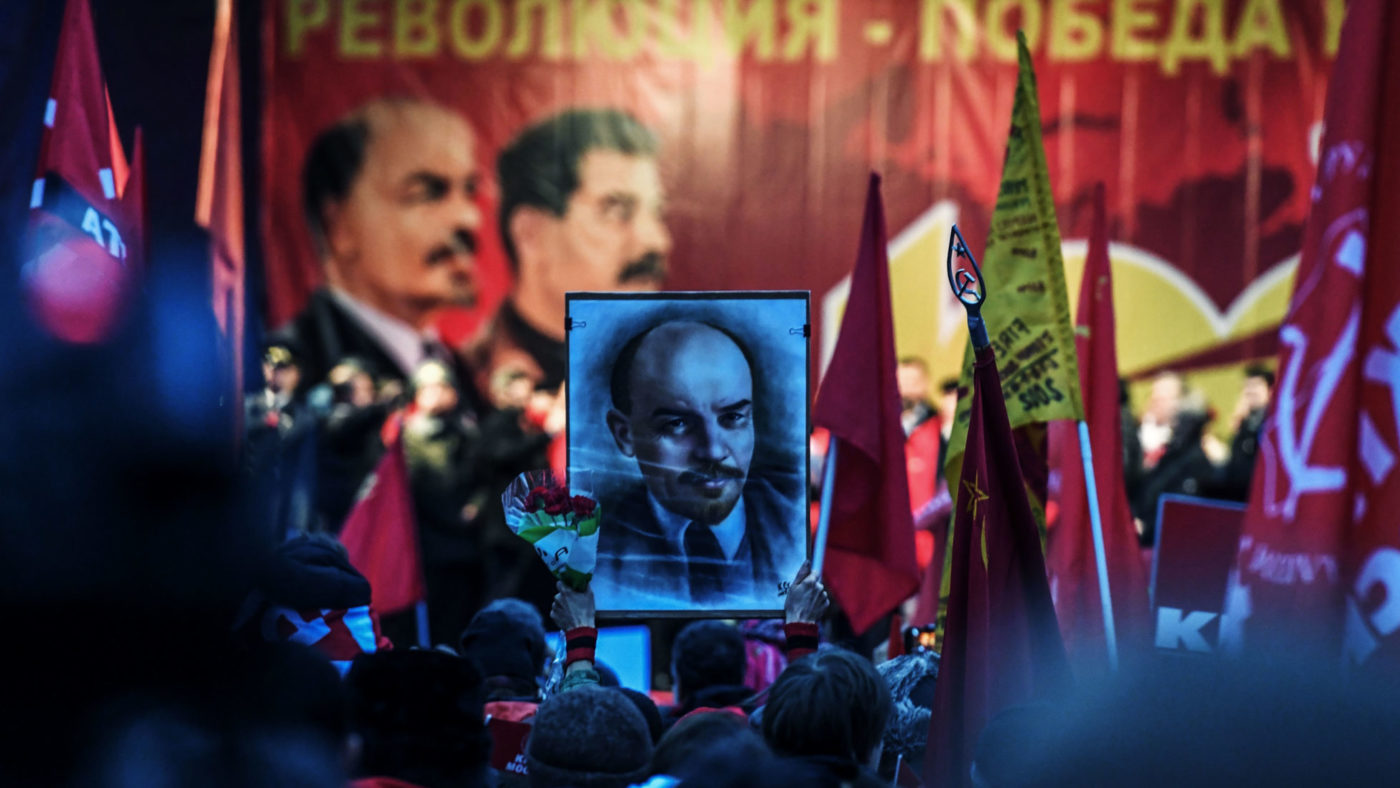One month after the fall of the Berlin Wall, in December 1989, an Early Day Motion entitled ‘Workers’ Democracy in Eastern Europe’ was filed in the House of Commons. This motion, signed by Jeremy Corbyn and Ken Livingstone, offered a somewhat eccentric interpretation of recent developments in Europe.
It argued that, far from marking the end of socialism, the peaceful revolution in East Germany marked the exact opposite: the beginning of ‘real’ socialism. Now that the old elites were out of the way, ‘the people’ would take over, and East Germany would see the emergence of a more authentic, pure form of socialism:
“[T]his House […] recognises that this outburst of discontent and opposition in East Germany […] reflects deep anger against the corruption and mismanagement of the Stalinist bureaucracy; sees the movement leading in the direction of genuine socialism, not a return to capitalism; […] and considers that the only way forward for the peoples of the Soviet Union and Eastern Europe is on the basis of a return to the principles of genuine workers’ democracy and socialism which formed the basis and inspiration for the October revolution.”
It did not quite turn out that way. Less than a year later, the German Democratic Republic was no more, and East Germany’s 40-odd-year-long experiment with socialism had come to an end. Another year later, the entire Warsaw Pact, and the Soviet Union itself, were gone.
Corbyn and Livingstone’s assessment was thus not especially prescient. But in fairness to them: it was a little bit less absurd than it may seem in hindsight. The democratic protest movements in East Germany really did contain plenty of self-described socialists, whose aim was not to overthrow socialism, but to democratise it from within. Some of those socialist reformers later set up their own party, the United Left (VL), which ran in East Germany’s first-ever (and last-ever) democratic election in March 1990.
The VL argued that socialism had not failed. It had just not been properly tried. It had lost its way. It had been corrupted by a self-serving bureaucratic elite. For the VL, the solution was not to abandon socialism altogether, but to rejuvenate and descale it. The solution was break up the centres of concentrated power, and to return that power to ‘the people’.
If this rhetoric sounds familiar, that is not a coincidence. This is exactly what trendy socialists in Britain would argue today. Previous attempts to build a socialist society went wrong, because they all made the mistake of vesting power in a bureaucratic elite, rather than making sure that ordinary people were in charge.
But was it really just because of a lack of political will that over two dozen attempts to build a socialist society have turned out that way? After all, socialist revolutionaries always talked about handing over power to ‘the people’. Were they all just lying? Did they all get corrupted? Or is there something in the idea of socialism itself which makes those outcomes inevitable, however pure of heart its protagonists may be?
This is the question I am exploring in my new paper ‘The Mirage of Democratic Socialism – An Alternative History’, in the format of a thought experiment. I am describing a parallel universe in which Corbyn and Livingstone’s predictions came true; a universe in which the fall of the Berlin Wall really did lead to “a return to the principles of genuine workers’ democracy and genuine socialism”.
In my alternative timeline, the above-mentioned party of socialist reformers, the United Left, won the 1990 general election in East Germany. This means that in that universe, German reunification never happened. Now, several years later, the German Democratic Republic still exists, as a sovereign, socialist country.
That country has fundamentally reinvented itself as a model of an egalitarian, participatory, grassroots-democracy socialism. The new government has gone to great lengths to democratise all major state institutions, to enable mass participation of ordinary people in economic policy decisions, and to make all layers of government transparent and accountable to the public.
In my version of events, socialism does not get ‘corrupted’ at any stage. The new socialist government consists of genuine idealists, who have no interest in power for its own sake. Since the party grew out of the anti-regime protest movement, they all have a recent personal history of being targeted, harassed, and in some cases, imprisoned by the Stasi. They are thus implacably opposed to police state measures.
The GDR was nearly broke in 1989, but I solve that problem by having the West German government bail them out, terrified of the prospect of getting swamped by East German refugees. In other words, this is a thought experiment which describes socialism under idealised conditions. All the usual excuses that socialists like to come up with are ruled out.
This socialist state has no external or internal enemies, it has no economic problems other than the ones of its own making, it can (at least initially) count on the goodwill of the majority of the population, and it is not at risk of getting ‘corrupted’ by a Stalin-like character. Socialists could not realistically ask for more. The result? I’m afraid you’ll have to read the whole thing. But let’s just say: don’t expect a happy ending…


